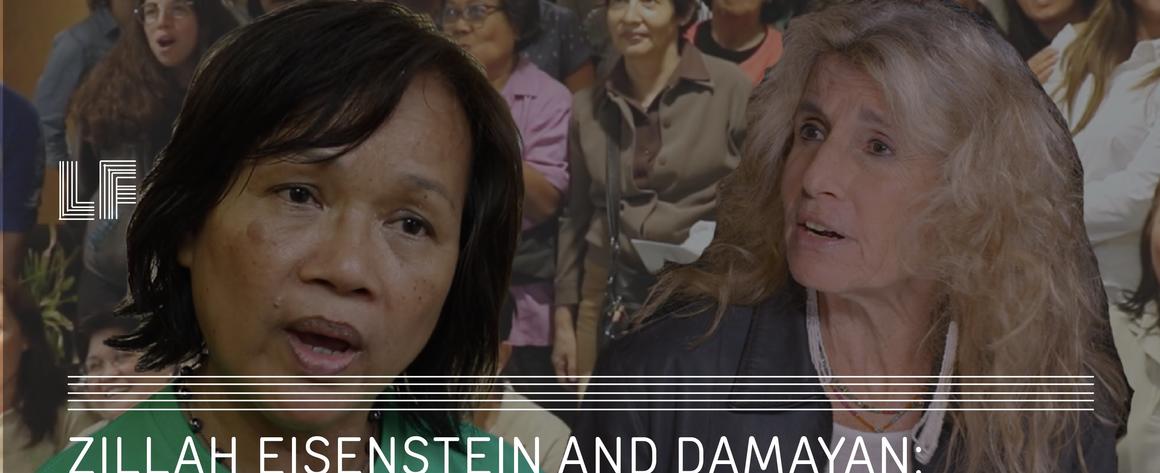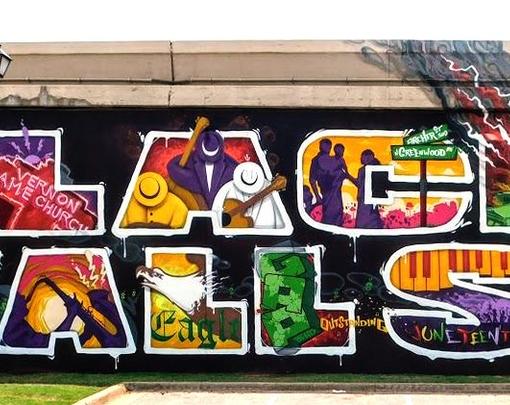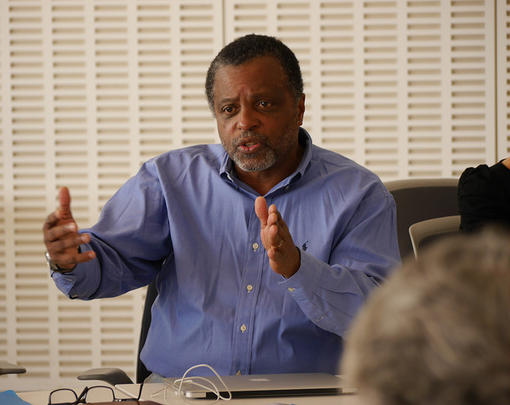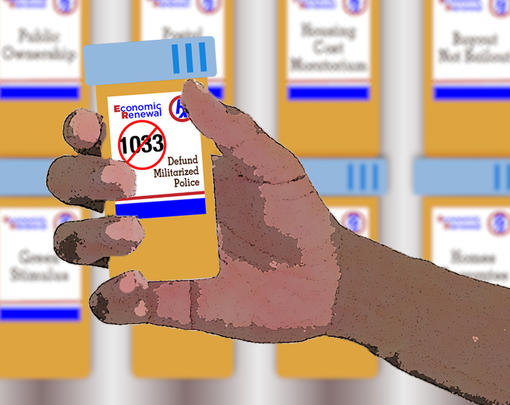The Laura Flanders Show, in collaboration with the Next System Project, has been taking up themes of gender and race, and their intersectionality with the next economic system. Last week, an episode featured a report on the Damayan Cleaning Cooperative and an interview with Zillah Eisenstein.
The Damayan Cleaning Cooperative is the first Filipina migrant worker-owned cooperative in the United States. Its founding members chose to call it “Damayan,” which means “to help each other,” to emphasize one of the benefits the cooperative structure has over traditional models. “We need to effect change, and who will be the real agents of change? I believe that it will be the workers,” says Linda Oalican, the Executive Director of the Damayan Migrant Workers Association, in the exclusive report. “The people who are directly affected will be the agents to change the system that is not really working for them.”
Feminist author Zillah Eisenstein also discussed with Laura some of the ways she thinks the system needs to be changed. She highlights the intersectional nature of inequality in capitalism, and says that for a new economic system to address the issue of gender inequality it would need to “unsettle some of the categories of what is considered to be invisible labor or what is considered to be the unpaid force or the affective labor. I mean, all of those terms on some level, if they’re not interrogated, become reproductive of the system of misogyny and the lessening of the value. I also think we live in such complex times that this affects men and women, males and females. Labor is not as divided as it used to be. We also need to be thinking newly about that.




